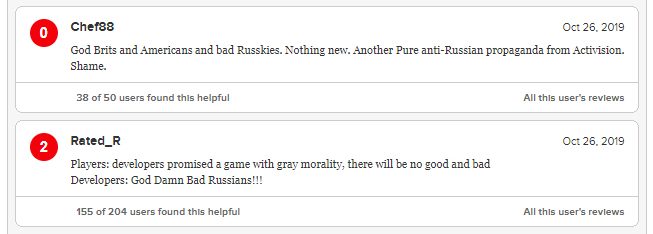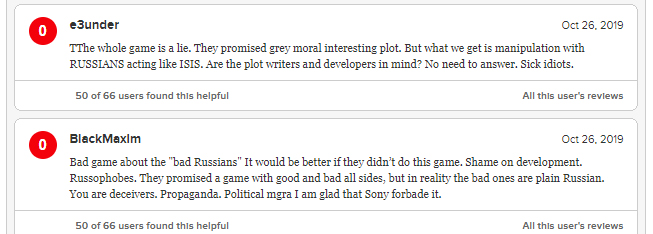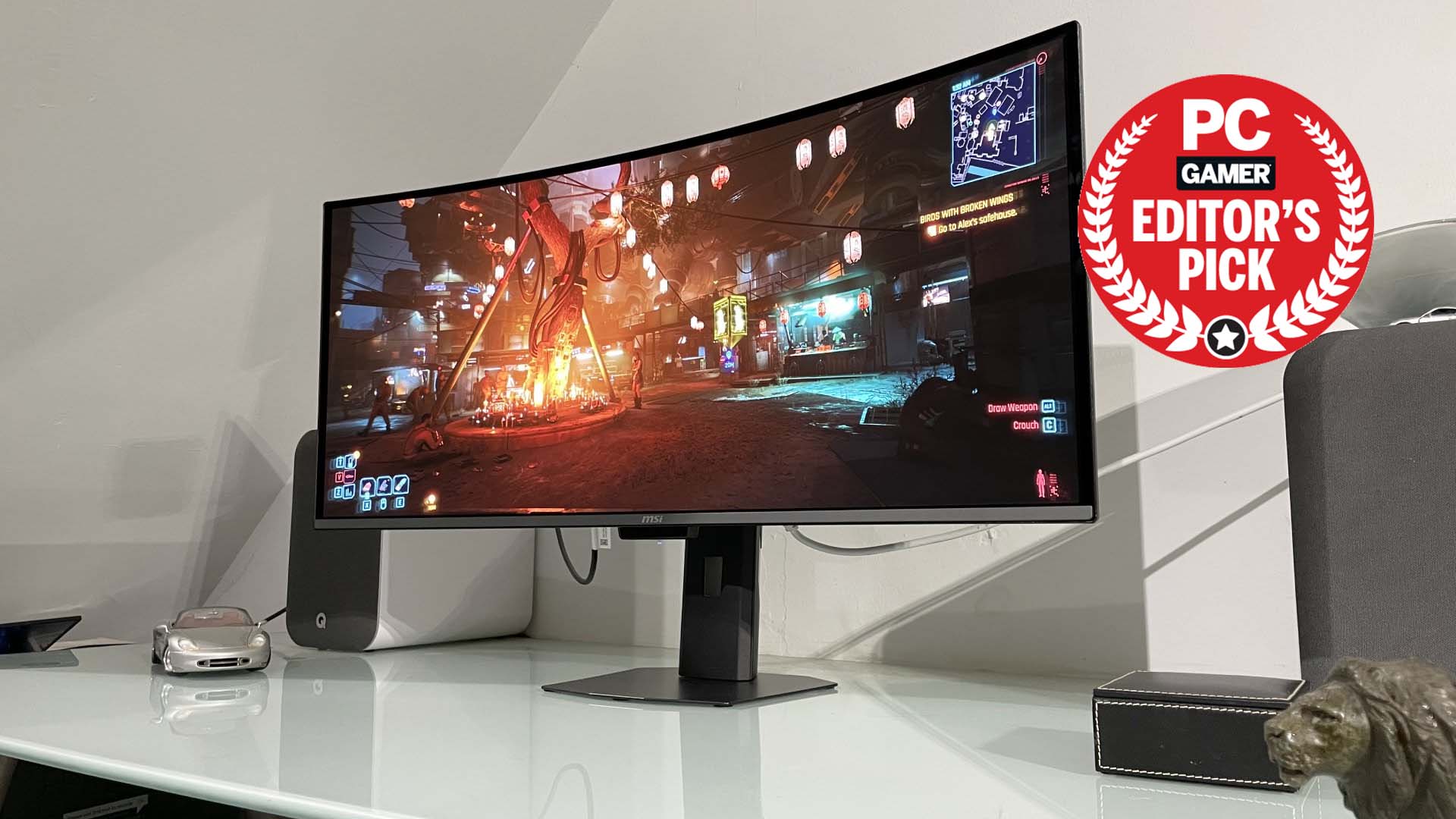Call of Duty: Modern Warfare angers Russians who call it 'propaganda'
Negative user reviews are flooding in to protest Modern Warfare's view of Russia and the Syrian Civil War.
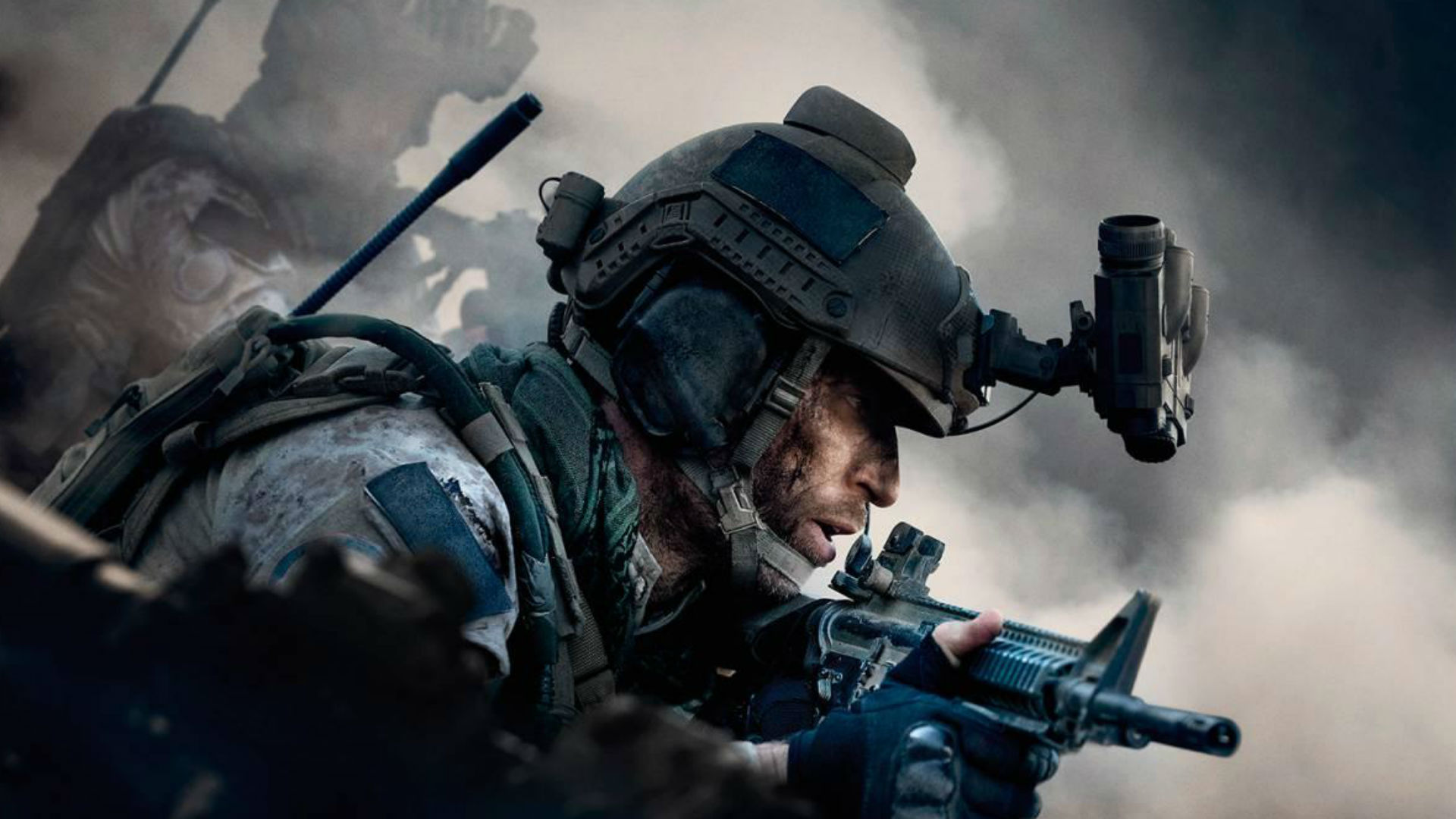
Call of Duty: Modern Warfare takes place in a fictional Middle Eastern country, but very obviously borrows elements from the ongoing Syrian Civil War to build a narrative in which British and American forces buddy up to fight evil Russians. Predictably, that plot hasn't gone over well in Russia.
Criticism of Modern Warfare began in Russia well before its release, but one particular scene stirred up even more resentment over the weekend. Modern Warfare's fictional country is clearly a stand-in for Syria, but it also borrows from the Gulf War with a made-up massacre that closely resembles an actual massacre, known as The Highway of Death in both the game and the real world.
On February 26, 1991, US and coalition forces attacked a column of Iraqi Army forces as they retreated from Kuwait in tanks and other vehicles. Some report the presence of Palestinian civilians as well, and estimates vary between a few hundred to over a thousand deaths. A US Navy pilot said that it was "like shooting ducks in a pond." The US defended the attacks, but was accused of committing war crimes by former Attorney General Ramsey Clark and others. In Modern Warfare's version of The Highway of Death, however, it was Russians who executed a similar massacre.
A flood of negative Metacritic user reviews, some in Russian, has reduced Modern Warfare's PC User Score to 2.8 at the time of writing. Many of those reviews point out the historical revisionism, but it's not just about that. Modern Warfare's Russian critics are broadly angry that their soldiers in Syria are portrayed as sadistic monsters in a game they were led to believe took no sides.
"This is not a game—this is political propaganda, which unfortunately will affect people's minds," wrote one reviewer. "I treat Americans well, I am convinced that there are many worthy people among them, but the people who made this game, especially the scriptwriters, are scum."
A review on Russian website Ferra.ru called Modern Warfare "idiotic propaganda."
Modern Warfare and Syria
The Russian villains in Modern Warfare are meant to be rogues, but that plot detail has not convinced Russian critics that it isn't based on the Syrian Civil War. Infinity Ward takes a 'ripped from the headlines' approach, and it's easy to see which headlines it's reading.
Keep up to date with the most important stories and the best deals, as picked by the PC Gamer team.
For background, the mainstream American view on the Syrian Civil War has been support for "moderate rebels" who oppose Bashar al-Assad's government, which violently suppressed protests in 2011. Russia, however, has provided military assistance to Assad, with a stated focus on combating ISIS, al-Qaeda, and other extremists.
Russian critics are interpreting the depiction of evil Russian soldiers as a clear anti-Russian political statement.
A primary point of contention between nations and political commentators is just how moderate each rebel group is. As an example, the US once supported Salim Idris, a former chief of staff of the Free Syrian Army. Today, Idris is leading a different group of Turkish-backed rebels—the same rebels accused of committing war crimes against Syrian Kurds following US withdrawal from northern Syria, where Russia has now stepped in. Meanwhile, the US has accused Assad of using chemical weapons in Idlib, one of several accusations of war crimes made against the Russia-backed Syrian government over the past decade.
In short: Russia says it's fighting terrorists and attempting to unite and stabilize Syria, and the US says it's fighting a dictator and war criminal who uses chemical weapons.
Modern Warfare's plot also centers around chemical weapons, also includes a rebel group, also includes an extremist group (Al-Qatala, which is clearly al-Qaeda), and also involves competing Russian and US intervention (made a bit more British by Captain Price and crew).
With so many similarities to Syria, Russian critics are interpreting the depiction of evil Russian soldiers as a clear anti-Russian political statement. (According to a May 2019 poll, 55 percent of Russians want Russian intervention in Syria to end, but the portrayal of Russian soldiers as cruel murderers is not likely to be popular regardless.)
US narratives and global markets
This isn't the first time the Modern Warfare series has caused a stir in Russia. Previously, the "No Russian" mission from Modern Warfare 2, which depicted an undercover CIA agent shooting civilians in a Moscow airport, was removed from the Russian PC version. Console releases were cancelled.
This time, Sony decided not to allow a PS4 release of Modern Warfare in Russia. There is no ban, though: Modern Warfare is available in Russia on PC and Xbox, though only as a download.
While Activision isn't likely to care much if it loses out on a portion of the Russian market, US game developers are increasingly being pressured by international markets as a trend. The Bolivian government objected to Ubisoft's portrayal of the country in Ghost Recon Wildlands, for instance, and the Chinese market is heavily regulated, such that Chinese soldiers are unlikely to show up as villains in any mainstream games. (It bears mentioning that a major foreign war involving China would be tough to 'rip from the headlines' anyway, as the US and Russia are far more active beyond their borders.)
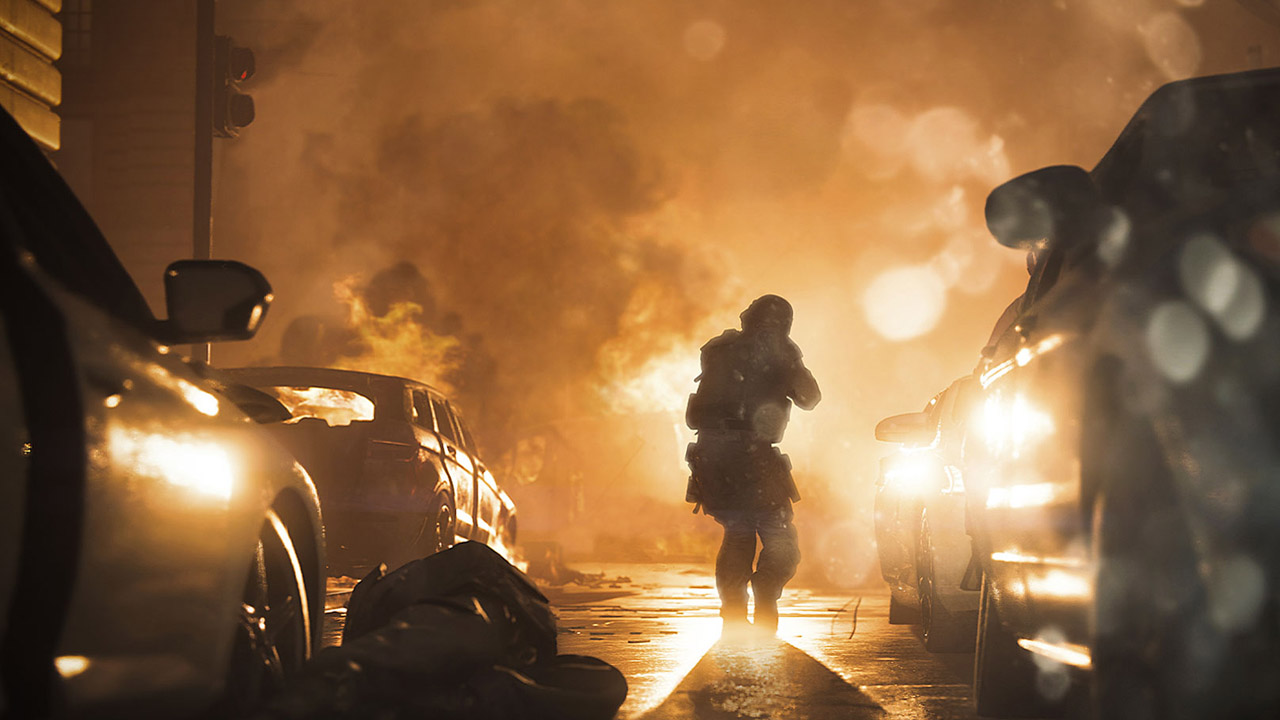
The reboot of Modern Warfare has also been a reboot of Infinity Ward's ability to create controversy.
Perhaps international tension was the reason the Battlefield games headed back to the World Wars for their source material in recent years, and Call of Duty took a detour into the future, having us fight Kevin Spacey in one game and Kit Harington in another. Nothing was particularly controversial about those games, aside from them not being very good. (This was before accusations of sexual misconduct against Spacey.)
The reboot of Modern Warfare has also been a reboot of Infinity Ward's ability to create controversy, then, and as the US continues to butt heads with Russia and China, this sort of international cultural conflict is only likely to increase.
It's possible it will go the other way in the future, too. The US imports far less culture than it exports, and when it does import games, they are typically designed to appeal to American audiences. There are plenty of Russian-made games available in the US, but none that I know of are about brave Russian soldiers defeating bloodthirsty Americans in a present-day war.
But if the Russian economy returns to significant growth over the next decade, and China's gaming market continues to grow (it almost definitely will), the US might experience more of what it's like to import culture from other countries.
Chinese gaming giant Tencent, which owns parts of many US game developers, hasn't used its power to market games to Americans which explicitly feature Chinese perspectives. (League of Legends doesn't make much of a political statement.) That doesn't mean that it never will, and the same goes for Russian developers who may turn to China as a primary market, as opposed to the US. The world is full of competing narratives, and the Russian reaction to Modern Warfare is a reminder that a lot of people are tired of consuming narratives from the US.
It also reinforces the hollowness of claims that games "aren't political." If your game generates international criticism over its fictionalized portrayal of a present-day war, I'm afraid it's probably a little political.

Tyler grew up in Silicon Valley during the '80s and '90s, playing games like Zork and Arkanoid on early PCs. He was later captivated by Myst, SimCity, Civilization, Command & Conquer, all the shooters they call "boomer shooters" now, and PS1 classic Bushido Blade (that's right: he had Bleem!). Tyler joined PC Gamer in 2011, and today he's focused on the site's news coverage. His hobbies include amateur boxing and adding to his 1,200-plus hours in Rocket League.
